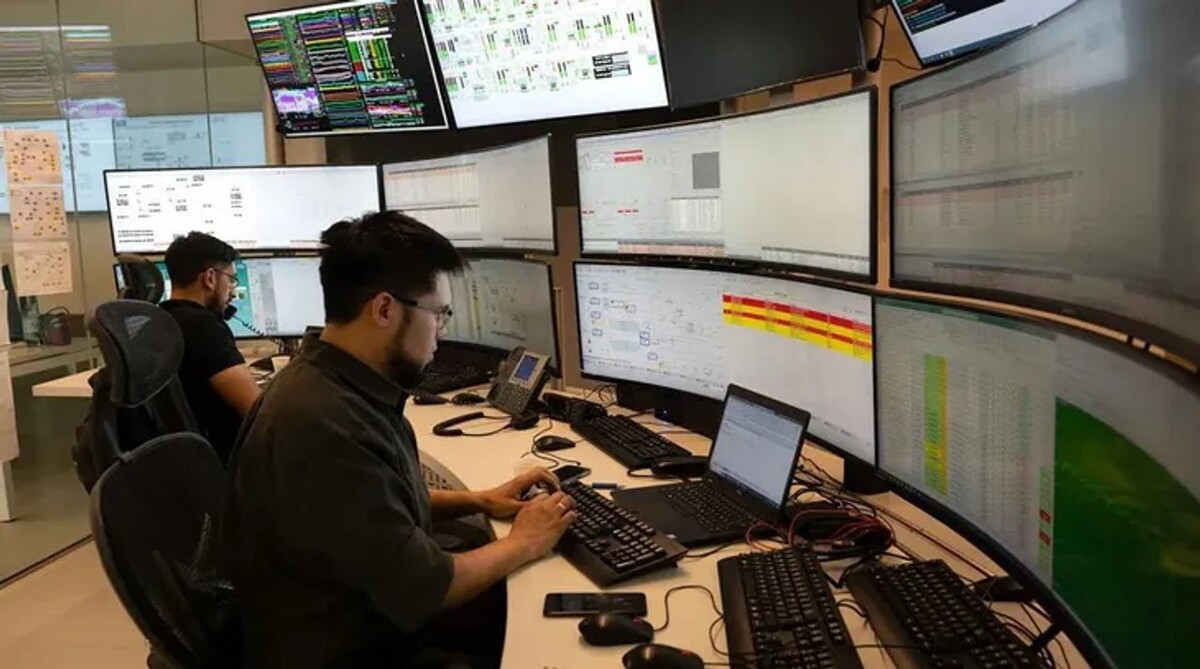
The balance between work and personal life has become a crucial factor for 87% of Argentinians when considering their job decisions, whether to stay in a position or seek new opportunities. According to a study conducted by Randstad, despite current economic, geopolitical, and technological challenges, workers have expanded their motivations beyond salary, prioritizing flexibility, company values, and the balance between their personal and work lives.
In the economic context of Argentina, while salary remains important when evaluating a job, non-monetary aspects are becoming increasingly significant. Argentine employees place the highest value on work-life balance, followed by Chileans and Uruguayans. Andrea Ávila, CEO of Randstad for the three countries, emphasizes that organizations must adapt their value proposition to attract, retain, and engage talent based on this new reality.
The perception of flexibility encompasses not only working hours but also the location where tasks are performed, including proximity, commuting time, and the ability to work remotely or in hybrid models. In the case of Argentine workers, 48% would not accept a job that did not offer flexible hours, and 42% would refuse a position that did not allow them to choose their workplace, whether in home office or hybrid mode.
On the other hand, according to a study by Bumeran, the desired salary increased by 165.31% in 2024, the largest increase since the company began the Labor Market Index in 2017, standing 47.51 points above inflation for the same period. The average desired salary in December reached 1,285,900 pesos per month, with a rise of 1.38%.














